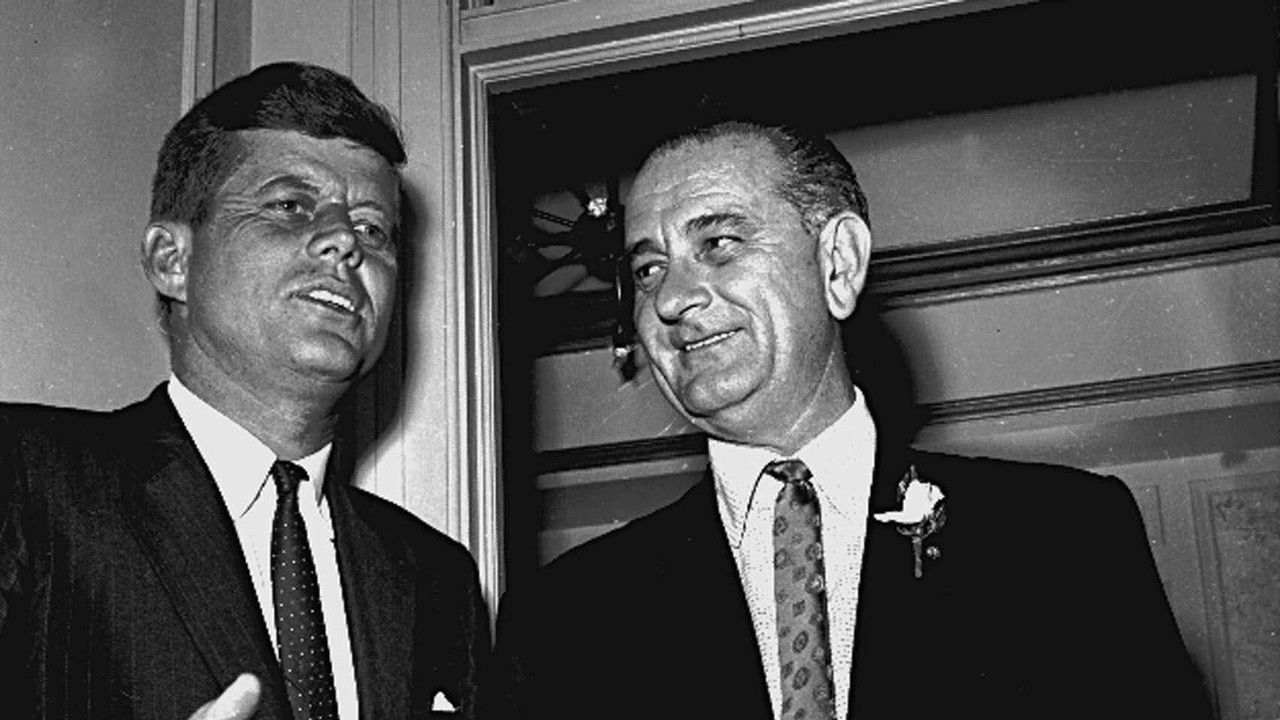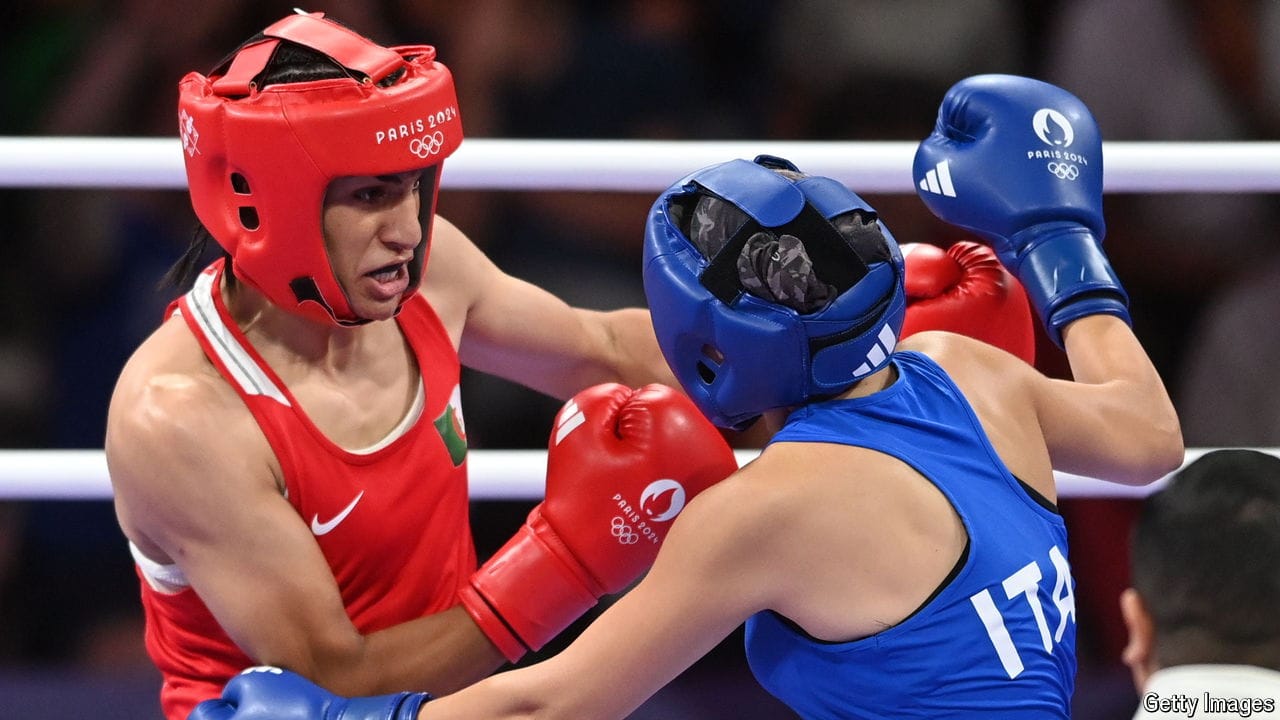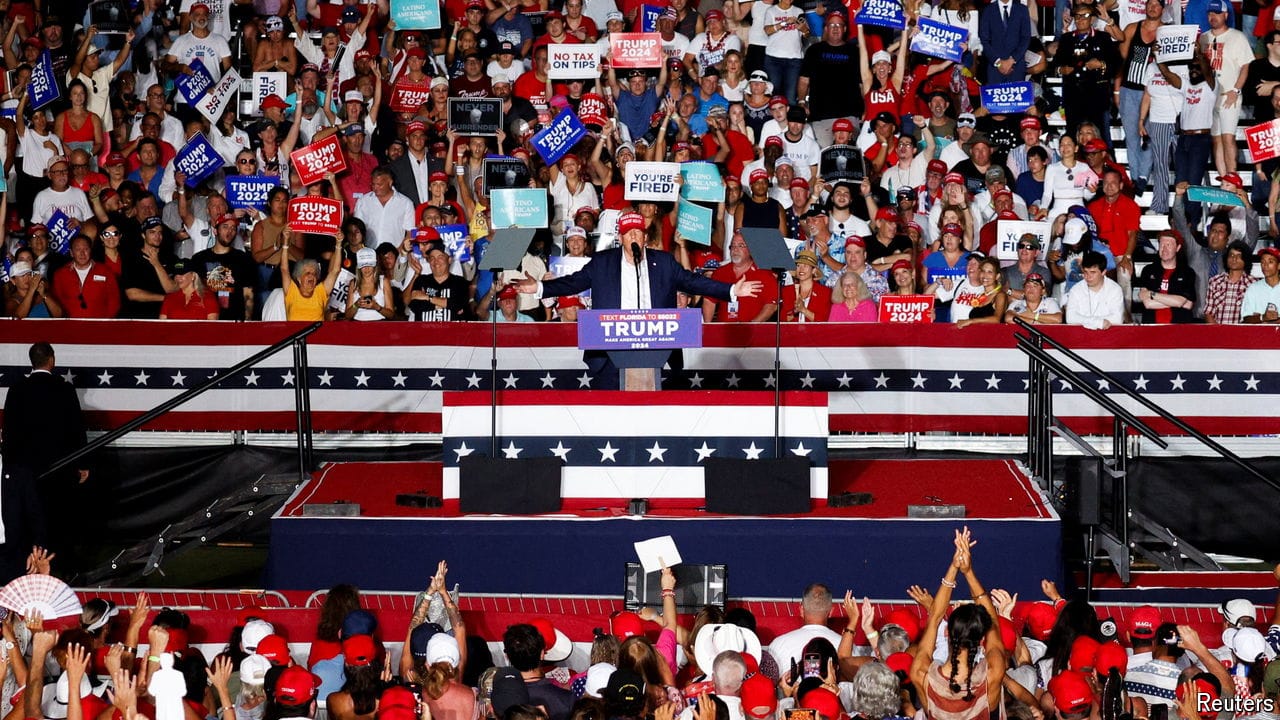Do vice-presidential picks matter?
If they have any effect on an election’s result, it is at the margins

SHORTLY AFTER announcing his run for the Democratic nomination in 1960, John F. Kennedy said: “I don’t recall a single case where a vice-presidential candidate contributed an electoral vote.” Still, the north-easterner picked Lyndon Johnson as his running-mate, hoping that the senator from Texas would help him in southern states. Johnson tore across the South in a train nicknamed the LBJ Express, arriving at rallies in a ten-gallon hat to the strains of “The Yellow Rose of Texas”. After he won, Kennedy admitted that “we couldn’t have carried the South without Johnson”. That Johnson “delivered the South” is now received wisdom. But how much difference do vice-presidential picks actually make in elections?
Explore more
More from The Economist explains

Would legal doping change the Olympics?
The impact would be smaller—and worse—than proponents of drug-taking claim

What led to the bitter controversy over an Olympics boxing match?
A mighty punch by an Algerian boxer has revived a politically charged dispute

Is this the end of Project 2025, the plan that riled Donald Trump?
The right-wing blueprint for governing has taken centre-stage in America’s presidential campaign
Who should control Western Sahara?
France becomes the latest country to back Morocco’s claim
Who are the Druze, the victims of a deadly strike on Israel?
The religious minority has often been caught up in regional crossfire in the Middle East
Myanmar’s rapidly changing civil war, in maps and charts
Ethnic militias and pro-democracy groups are scoring victories against the governing junta